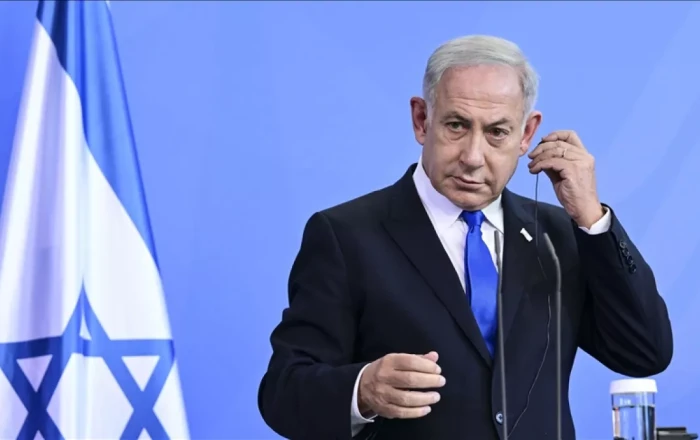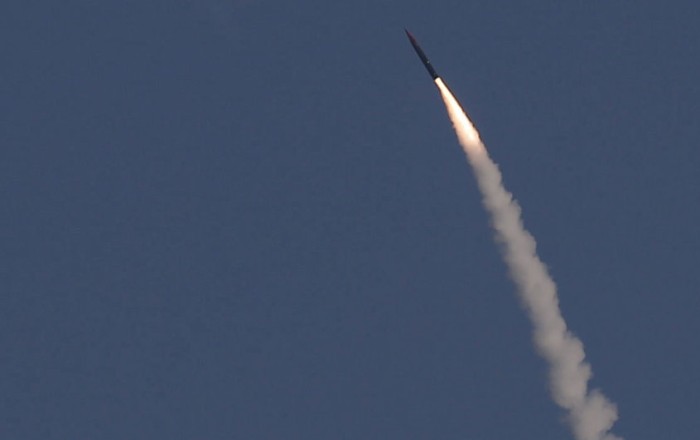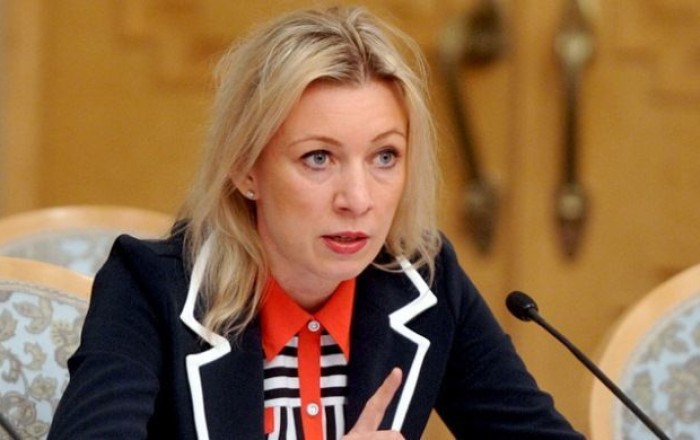Israel has rejected changes demanded by Hamas to a Gaza ceasefire proposal as “unacceptable,” but Prime Minister Benjamin Netanyahu confirmed that a negotiating team will be sent to Doha to begin indirect talks aimed at ending the 21-month conflict.
The Israeli decision came after a late Saturday meeting of Netanyahu’s security cabinet, convened to review Hamas’s response to a ceasefire framework crafted by Qatar, the United States, and Egypt. The proposal calls for a 60-day ceasefire, the release of 28 Israeli hostages, and the initiation of talks toward a permanent end to the war, Caliber.Az writes via Western media.
In a statement, Netanyahu’s office said: “The changes that Hamas is seeking to make in the Qatari proposal were conveyed to us last night and are unacceptable to Israel.” The statement added that Israel accepts the original proposal and that a negotiating delegation would depart Sunday for “proximity talks... for the return of our hostages.”
Hamas had previously described its response as “positive” and expressed readiness for immediate negotiations on implementing the framework, though the exact nature of the changes it requested remains unclear.
According to draft documents reviewed by the Financial Times, key issues to be finalized include the extent of Israeli military withdrawal from Gaza during the ceasefire, the number and identities of Palestinian prisoners to be released in exchange for hostages, humanitarian aid mechanisms, and the scope of US guarantees that the ceasefire would lead to a permanent peace.
Netanyahu is scheduled to travel to Washington on Sunday for a White House meeting with US President Donald Trump, who has pushed strongly for a ceasefire. Trump expressed optimism on Friday that a deal could be reached soon but warned that the situation is fluid. He also posted on his Truth Social platform that he would be “very firm” with Netanyahu, urging Hamas to accept the deal to avoid worsening conditions.
Despite the diplomatic efforts, Netanyahu faces opposition within his own government, particularly from far-right allies such as National Security Minister Itamar Ben-Gvir. Ben-Gvir has publicly called for a complete reconquest of Gaza, suspension of humanitarian aid, and encouragement for Gazans to leave the territory, urging Netanyahu to pursue “victory” rather than negotiation.
The draft ceasefire proposal reportedly includes phased releases of 10 living hostages and the return of 18 bodies, part of a total 50 hostages captured by Hamas during its October 7, 2023, attack, with about 20 believed alive.
The agreement also envisions the start of “serious negotiations” on the war’s permanent resolution, a longstanding Hamas demand. Mediators would provide guarantees to extend the truce if needed.
Netanyahu has repeatedly emphasised that he will not agree to end the conflict without a “total victory” over Hamas. Previous ceasefires have collapsed due to conflicting demands, and Israel resumed a major military offensive in Gaza in March after talks failed.
By Khagan Isayev
Source: caliber.az












